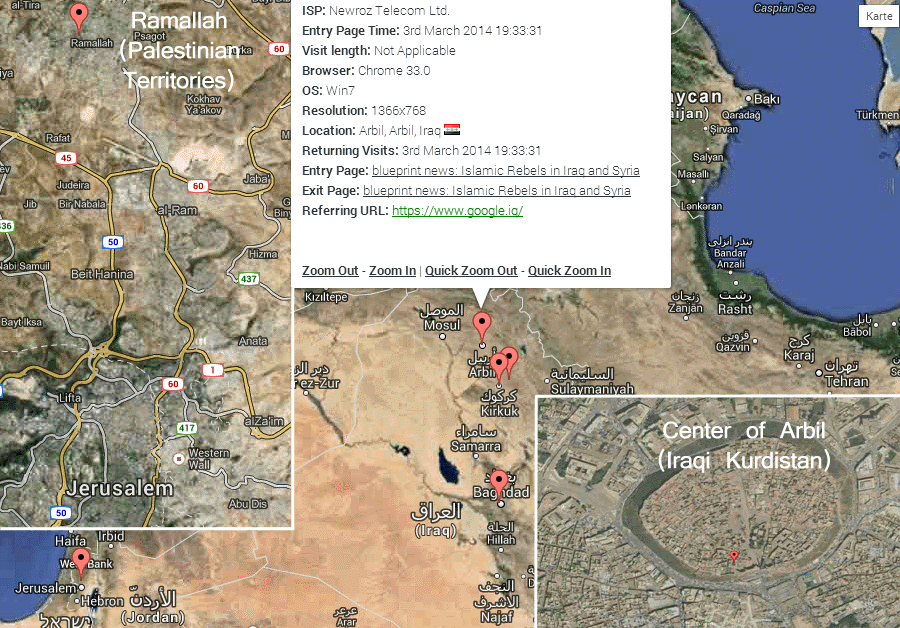Wenn der Schutz des russischen Bevölkerungsanteils in der Ukraine heute als Vorwand einer russischen Expansionspolitik herhalten soll, darf man nicht vergessen, dass die in Frage stehende Region stets zum russischen Kulturkreis gehörte. Besonders deutlich wird dies im Spiegel einer sowjetischen Literatur, die nicht immer nur stalinistische Propaganda war, sondern auch, vielleicht unbeabsichtigt, ein Licht auf die Dominanz der russischen Volksgruppe in diesem Teil der ehemaligen Sowjetunion warf. Im folgenden soll ein sowjetischer Schriftsteller zu Worte kommen, dessen persönliche Integrität heute und im historischen Rückblick glaubhafter in Erscheinung tritt als zu seinen Lebzeiten.
Michail Alexandrowitsch Scholochow wurde am 24. Mai 1905 in Südrussland im heutigen Oblast Rostow geboren und starb dort auch am 21. Februar 1984. Er war ein sowjetischer Schriftsteller von internationalem Rang und wurde 1965 für sein Hauptwerk „Der Stille Don“ mit dem Nobelpreis für Literatur geehrt.
Scholochows russische Heimat, deren tragische Entwicklung nach der Oktoberrevolution im Stillen Don (1925-1940) und später in „Neuland unterm Pflug“ beschrieben wird, grenzt an die heutige Ukraine und umfasst genau die Region, in der die Russische Föderation im Jahr 2014 große Truppenteile zum „Schutz der russischen Minderheit“ in der Ukraine zusammenzieht. Das benachbarte ukrainische Industrierevier im Donezbecken wurde nach dem zweiten Weltkrieg auch von ethnischen Russen wieder aufgebaut und besiedelt und bildete ein wichtiges Zentrum der russischen Wirtschaft bis zum Zerfall der Sowjetunion. Dafür gibt es auch von anderen Autoren literarischer Belege in der zeitgenössischen Literatur.

Während die Ereignisse nach der Oktoberrevolution 1917 in den Geschichtsbüchern nachzulesen sind, beschreibt Michail Scholochow diese Epoche Russlands als hautnahen Erlebnisbericht. In seinen monumentalen Werken schildert er das Leben der russischen Donkosaken. Es geht um Krieg, Liebe, Familie und Traditionen, — und um ein Russland, das seinen alten Bräuchen eine neue Idee, den Kommunismus, entgegensetzt.
Während seiner Jugendzeit hielt sich die Familie Scholochow im Chutor Pleschakow auf. Hier fanden im Frühjahr 1919 die schwersten Kämpfe zwischen aufständischen Kosaken und den Bolschewiken statt. Michael Scholochow, damals 14, konnte die blutigen Gefechte von seinem Zimmerfenster aus beobachten. Ähnlich wie seine Romanfiguren litt Michael Scholochow, zumindest in seiner Jugend, wegen seiner Kosakeschen Wurzeln unter den Kommunisten. Der junge Scholochow hatte es schwer als Außenseiter in Moskau. Die großen Verlage wollten seine Erzählungen nicht drucken. Erst als ihm der Stalinpreis verliehen wurde, setzte sich Scholochow als Schriftsteller durch.
Das aus heutiger Sicht Interessante an Scholochows Werk bleibt die unbeabsichtigte Erkenntnis, dass eben auch in Teilen der heutigen Ukraine und seiner unmittelbaren Umgebung das „Herz von Mütterchen Russland“ schlägt. Diese Erkenntnis ist vielleicht "politisch unkorrekt", aber deshalb nicht weniger realistisch.
Scholochows Kunst besteht darin, die Menschen seines Romans selbst sprechen zu lassen. Der Schriftsteller geht nicht wertend dazwischen, um das Verhalten seiner Protagonisten zu erklären oder zu rechtfertigen. Stattdessen zeigt er dem Leser ein reelles Bild Russlands und seiner Bürger, ohne sich dabei auf die Seite der einen oder anderen Partei zu schlagen. Deshalb soll auch die leidvolle Erfahrung einer Romanfigur zitiert werden, die der neuen bolschewistischen Ordnung skeptisch gegenüberstand.
Es handelt sich bei den folgenden Zitaten um => Textabschnitte aus Scholochows Werk „Neuland unterm Pflug“ <=. Der Text weist indirekt auf die russische Besiedlung am Schwarzen Meer, und im ukrainischen Donezbecken hin, sowie auf das südrussische Oblast Rostow an der Grenze zur heutigen Ukraine.
Eine im Text angedeutete Kosaken-Revolte gegen die Bolschewiken fand tatsächlich statt und wurde schnell niedergeschlagen. Auch die geschilderten Misstände lassen sich zum Teil mit Dokumenten der ersten bolschewistischen Regierung belegen.
Es scheint, dass manchmal gerade die jahrzehntelange kollektive Erfahrung von Verzweiflung und Solidarität inmitten von Not und Willkür den patriotischen Zusammenhang einer Nation fördert.
Demgegenüber steht die Befindlichkeit einer Handvoll „Europathen“, die am liebsten alles was „links vom Ural“ liegt einer bereits unnötig aufgeblähten Europäischen Union einverleiben wollen (wenn möglich auch noch Volgograd dazu).

Um eine Zuordnung traditionell russischer Siedlungsgebiete zu erleichtern, wurden einschlägige Ortsnamen wie Rostow, Mariupol und Lugansk, ebenso wie Scholochows Heimat im südrussischen Oblast Rostow (Rostovskaya Oblast) in einer regionalen Karte markiert. Als kleine Hilfe zur geographischen Orientierung wurde schließlich auch noch die Stadt Volgograd mit ihrem alten Namen Stalingrad bezeichnet.
Unter den relevanten Textstellen in Scholochows „Neuland unterm Pflug“ ist übrigens die folgende am informativsten:

Der Gedanke liegt nahe, dass die Abwicklung der Sowjetunion seinerzeit mit der „heißen Nadel genäht“ wurde, wobei alte Distriktsgrenzen einfach beibehalten wurden. Ein solches Vorgehen konnte zunächst folgenlos bleiben, da ja auf beiden Seiten der Grenze eine vergleichbare Ausgangssituation herrschte. Erst mit der individuellen politischen Neuorientierung aneinander grenzender Folgestaaten der UDSSR, jetzt eingebunden in konkurrierende Wirtschafts- und Bündnissysteme, mussten dann auch lokale ethnische Probleme wieder akut werden, die im gleichgeschalteten System der Sowjetunion kaum eine Rolle gespielt hatten.

Kapitalistische Umtriebe im sozialistischen Paradies.
Nach dem Tod des italienischen KP-Chefs Togliatti wurde die russische Stadt Stavropol an der Wolga in Togliatti (auch: Togliattigrad) umbenannt. Seit 1969 produzierte der italienische Autohersteller FIAT in den von russischen Ingenieuren gebauten Werkhallen jährlich mehrere 100.000 Fahrzeuge. 1968/69 zählte das FIAT-Lada-Werk in Togliattigrad zu den größten Industrieprojekten der Sowjetunion.

Westeuropäische Separatisten, die sich nicht verkaufen lassen wollten.
" Mir wölle bleiwe wat mir sin " (Wir wollen bleiben, was wir sind) blieb für lange Zeit der Wahlspruch des Großherzogtums Luxemburg. Anlass dafür war die Luxemburgkrise von 1867: Frankreichs "Operettenkaiser" Napoleon III beabsichtigte zu dieser Zeit den Erwerb des Großherzogtums, dessen Staatsoberhaupt Wilhelm III der Niederlande war und das dem Deutschen Bund angehörte.

Al-Capone im Euroland
Im französischen Übersee-Territorium Saint Pierre et Miquelon unterhielt einst der Gangster Al-Capone (1895-1947) ein ex-territoriales Schnapslager. Während der Prohibitionszeit in den USA wurden von hier aus die illegalen Kneipen ("Speakeasy") in den Großstädten der amerikanischen Ostküste beliefert. Die winzige Inselgruppe Saint Pierre et Miquelon gehört heute zur Eurozone.
























